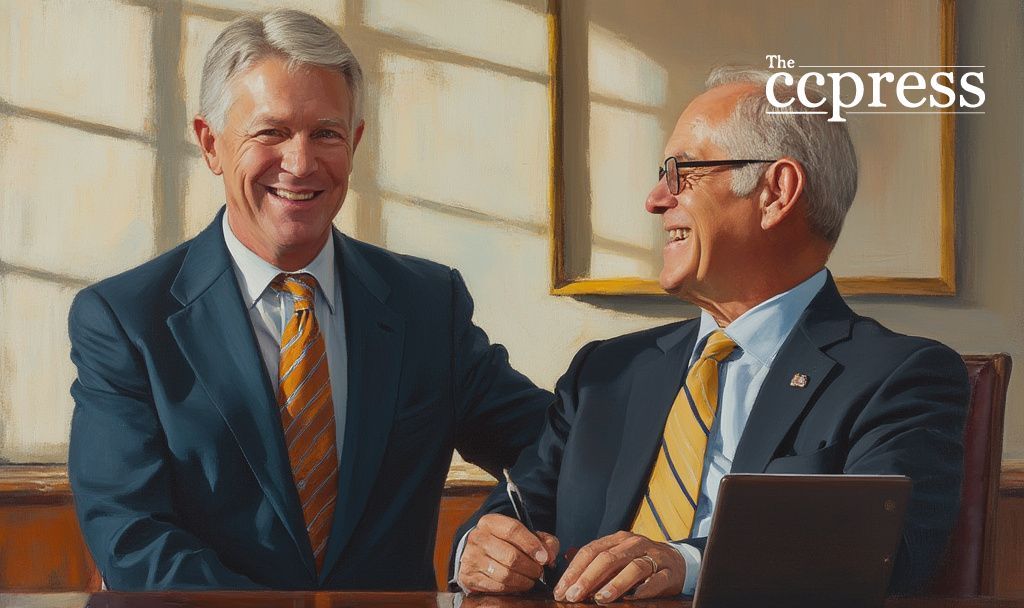Tariffs of 245% spark new wave of dollar alternatives
A Chinese finance expert has warned that the United States’ recent tariff hikes, including rates reaching 245 percent on Chinese imports, could accelerate efforts among major economies to reduce reliance on the US dollar.
Zheng Runyu, a scholar at East China Normal University’s Center for Russian Studies, told Russian news agency Tass that the ongoing trade war is “inseparably linked to maintaining their financial hegemony.”
According to Zheng, the US has long used the dollar’s role as a global reserve currency to support its economic influence, but this strategy is now facing new challenges.
“The approach to using the US dollar as a global reserve currency for a long time has made the Triffin paradox even more obvious and has worsened the situation,” he stated, pointing to the Triffin paradox.
“There is no reasonable option for resolving the internal contradiction between the hegemony of the US dollar and liquidity under normal economic and trade relations. Now the US wants both,” Zheng added.
The White House announced on April 15 that President Trump had imposed a 10 percent tariff on all countries, along with additional tariffs targeting nations with the largest trade deficits with the US.
More than 75 countries entered trade talks in response, but China opted for retaliation rather than negotiation.
As a result, Chinese goods now face a combination of tariffs, including a 125 percent reciprocal tariff, a 20 percent levy related to the fentanyl crisis, and Section 301 tariffs ranging from 7.5 percent to 100 percent on specific products.
Zheng cautioned that these measures could weaken the dollar’s position over time.
“The harsh practice of raising tariffs, if it continues and intensifies, will ultimately only weaken the dollar,” he said.
He also noted that cooperation on de-dollarisation between China, Russia, and BRICS countries is becoming more realistic.
“If in the past China, Russia, or the BRICS countries only considered replacing the US dollar hypothetically, then in the context of the tariff war from the US, China, Russia, and the BRICS countries need to truly promote an effective de-dollarisation process through practical cooperation,” Zheng explained.
Observers suggest that the political and financial consequences of the tariff policy could reshape global economic alliances and encourage further moves away from the dollar as the dominant reserve currency.
“Cooperation on de-dollarisation in the financial sector between China and Russia, as well as within the BRICS, has become more realistic,” according to Zheng.
Disclaimer: The content of this article solely reflects the author's opinion and does not represent the platform in any capacity. This article is not intended to serve as a reference for making investment decisions.
You may also like
Bitcoin Surpasses Amazon, Approaches Google’s Market Cap

Michael Saylor Backs New SEC Chair for Bitcoin Growth

SEC Drops Fraud Case Against HEX Founder Richard Heart

Cardano Surges 17%, Eyes Potential $5 Target

